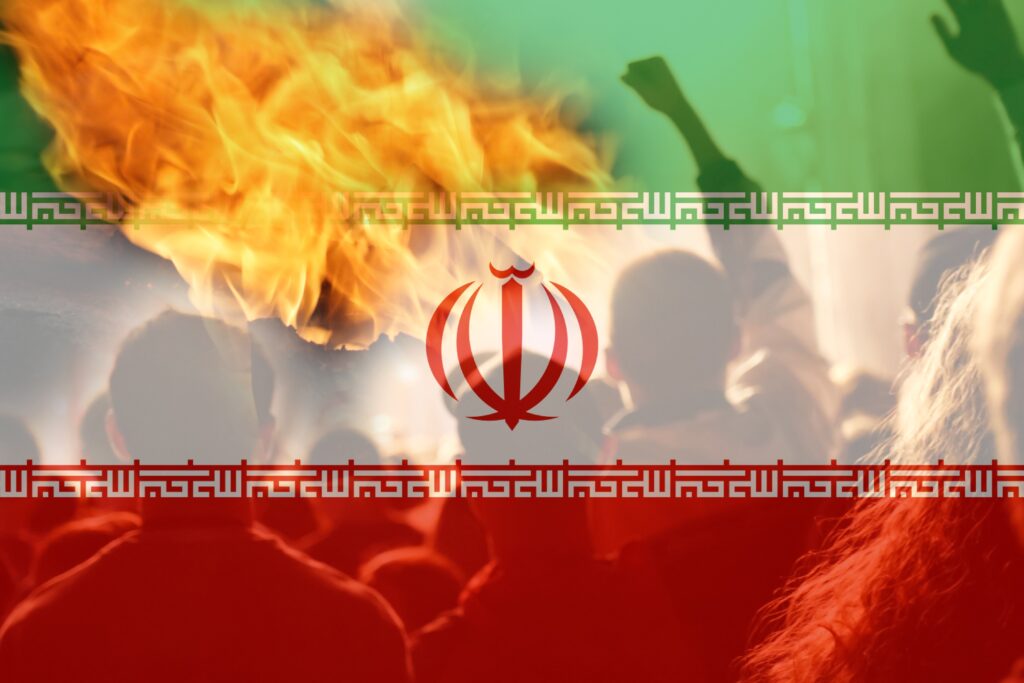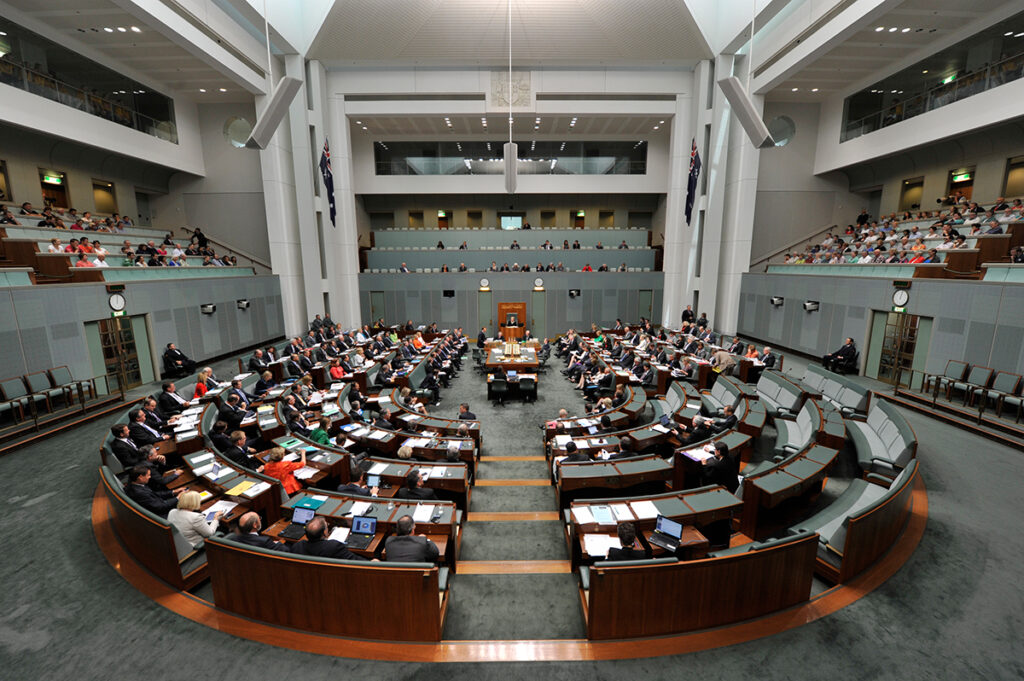IN THE MEDIA
Hard-nosed leader goes soft on Hamas
May 17, 2008 | Mark Leibler
Mark Leibler
The Age – May 17, 2008
MALCOLM Fraser’s opinion piece in last Saturday’s Age was marred by contradictions, factual errors and a naivete about world events inconsistent with the hard-nosed, realistic prime minister I knew in the 1970s and ’80s.
Mr Fraser implied that the problem in the Middle East is principally Israeli settlement building, and the main solution is direct Israeli talks with Hamas.
Yet Israel is not building any new West Bank settlements, and has not for many years. The current controversy involves a few hundred apartments within a few existing settlements, taking no additional land. It is absurd to see these few homes as the principal roadblock. After all, Israel withdrew all settlements from Gaza in 2005 and has been rewarded with rocket attacks.
Meanwhile, Fraser argues, negotiating with Hamas would provide them with “an alternative to violence”. However, an alternative offering a seat at the diplomatic table has long been available, but rejected by Hamas leaders.
Fraser implies that because Hamas won a plurality in the 2006 election, it must be treated as a negotiating partner. However, Hamas’ democratic credentials were hardly boosted by its violent Gaza coup last year — the result of long-standing internal Palestinian rivalries, not, as Fraser claims, something that Israel and the US somehow forced Hamas into.
More importantly, the diplomatic boycott imposed by the vast majority of the international community — including the UN and EU, not just America and Israel — was not against Hamas per se, but against its policies. Hamas insists on acting as a terrorist organisation eternally at war with Israel. Thus it is treated as one. Hitler also took power democratically. Should we therefore have let him invade Poland and murder Europe’s Jews?
Israel and the international community have made it clear they are prepared to engage with Hamas if it renounces terrorism and recognises Israel’s right to exist and previous Israeli-Palestinian peace agreements.
In government, Fraser fully supported a comparable Western policy opposing direct engagement with the Palestine Liberation Organisation until it met similar minimum conditions.
Parallels with Northern Ireland are nonsensical because the IRA never sought to destroy Britain, as Hamas explicitly does Israel, and forswore terrorism for a place in negotiations.
Fraser accuses Israel’s supporters of not believing Hamas. On the contrary, we do believe its charter and its ongoing statements regarding its genocidal plans for Israel — backed materially by an Iran that also wants to “wipe Israel off the map”. Its violent actions prove they are not mere rhetoric.
Indeed, Hamas rejects direct negotiation with Israel. It only says it might support an agreement with Israel negotiated by Palestinian Authority President Mahmoud Abbas if approved by a referendum involving Palestinians worldwide. Further, Hamas leaders add that such arrangements must only be “transitional” (presumably, pending Israel’s destruction) and do not necessarily promise to abide by the agreement. How is this helpful?
Hamas’ proposed “ceasefire” is widely recognised, based on the statements of Hamas leaders, as a ploy to gain time to consolidate its Islamic dictatorship and military power in Gaza. Why would Israel agree to such a ceasefire if its terms simply allow Hamas to position itself for more effective and “efficient” terrorism later?
Mr Fraser implies that Israel has lost the moral high ground because more Palestinians than Israelis have died in the conflict in recent years.
But this numerical difference is entirely a matter of capability. Hamas is trying to kill as many Israeli civilians as possible — children, women, the elderly — limited only by Israel’s largely successful countermeasures.
Israel only targets those waging war on Israeli civilians and soldiers. It isn’t easy because Palestinian terrorists illegally shelter among the Palestinian populace, leading to occasional regrettable civilian casualties.
This calculus whereby one simply counts the dead without context implies that when Hamas fires rockets into Israel’s civilian towns, destroys people’s homes, makes normal daily life impossible and causes injuries — but doesn’t actually kill anyone — Israel should not shoot back at the rocket teams. It might unbalance the “score”! Under this ridiculous approach, why would Hamas ever stop firing rockets at Israel?
The way forward, of course, is to persuade Palestinian extremists that violence, suicide terror and rocket attacks are counter-productive, and to support a two-state solution. The Howard government recognised this, the Rudd Government recognises this, and the bipartisan parliamentary motion saluting Israel’s 60th anniversary in March explicitly called for this outcome. But they also recognise something else which should not be obscured in the name of “even-handedness” — Israel offered a two-state solution in 1948, at Oslo in 1993, at Camp David in 2000 and at Annapolis last year. Moreover, polls consistently show that Israeli public opinion overwhelmingly supports this goal. Right now, the Olmert Government and the democratically elected Mahmoud Abbas are negotiating a “framework agreement” outlining such a resolution.
There is no indication that this goal will be achieved by engaging with or appeasing Hamas before it meets the sensible conditions set by the international community. Worse, every attempt to engage and legitimise Hamas makes it more difficult for Abbas to make the compromises needed for a genuine peace.
To move forward, Hamas must adopt the conditions set by the international community, or else be marginalised in Palestinian society. Achieving either will require enormous patience, toughness and realism, qualities the Malcolm Fraser I used to know always exhibited. I wonder what happened to him.
Mark Leibler is national chairman of the Australia/Israel & Jewish Affairs Council.
Tags: Australasia





